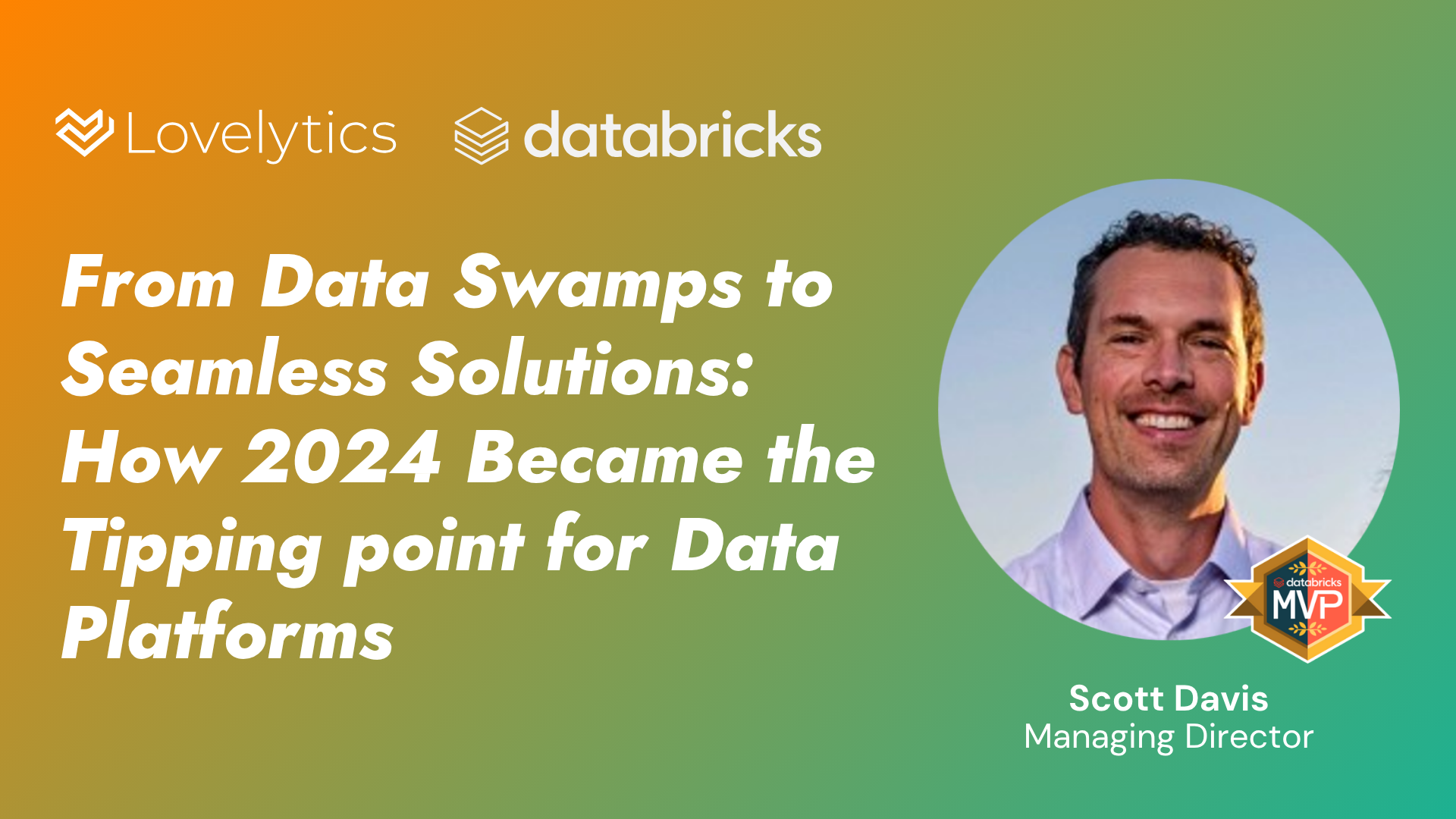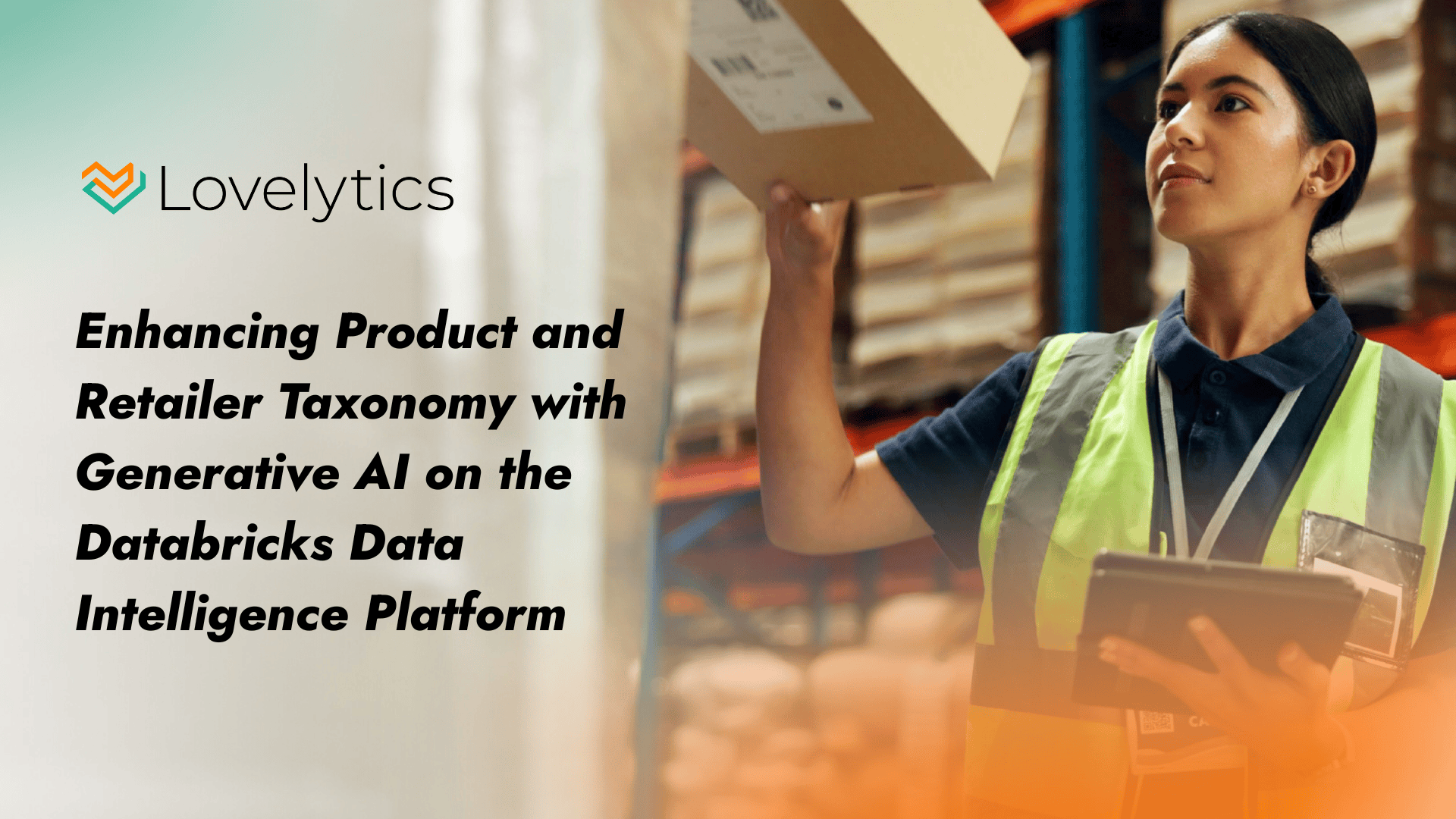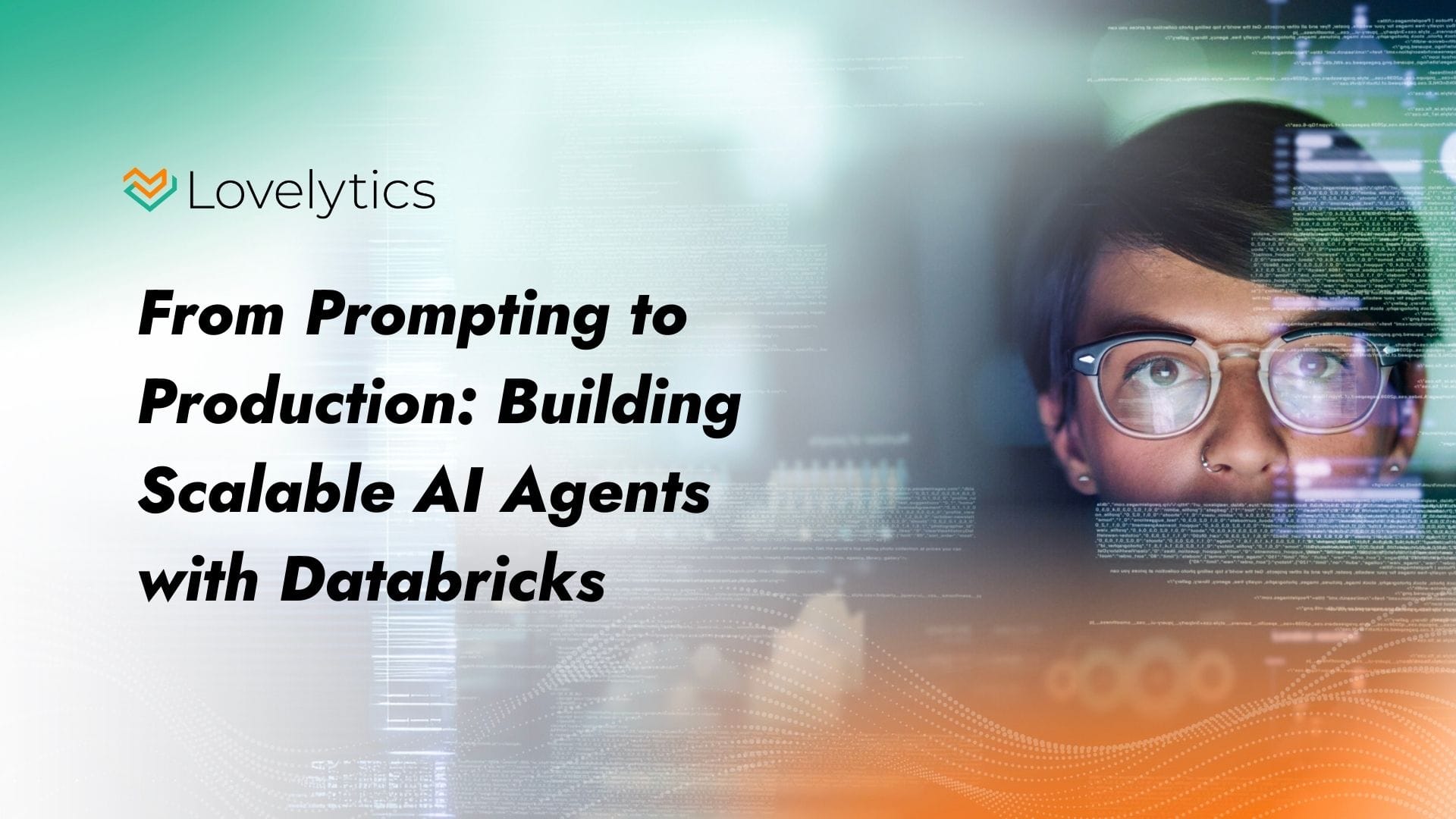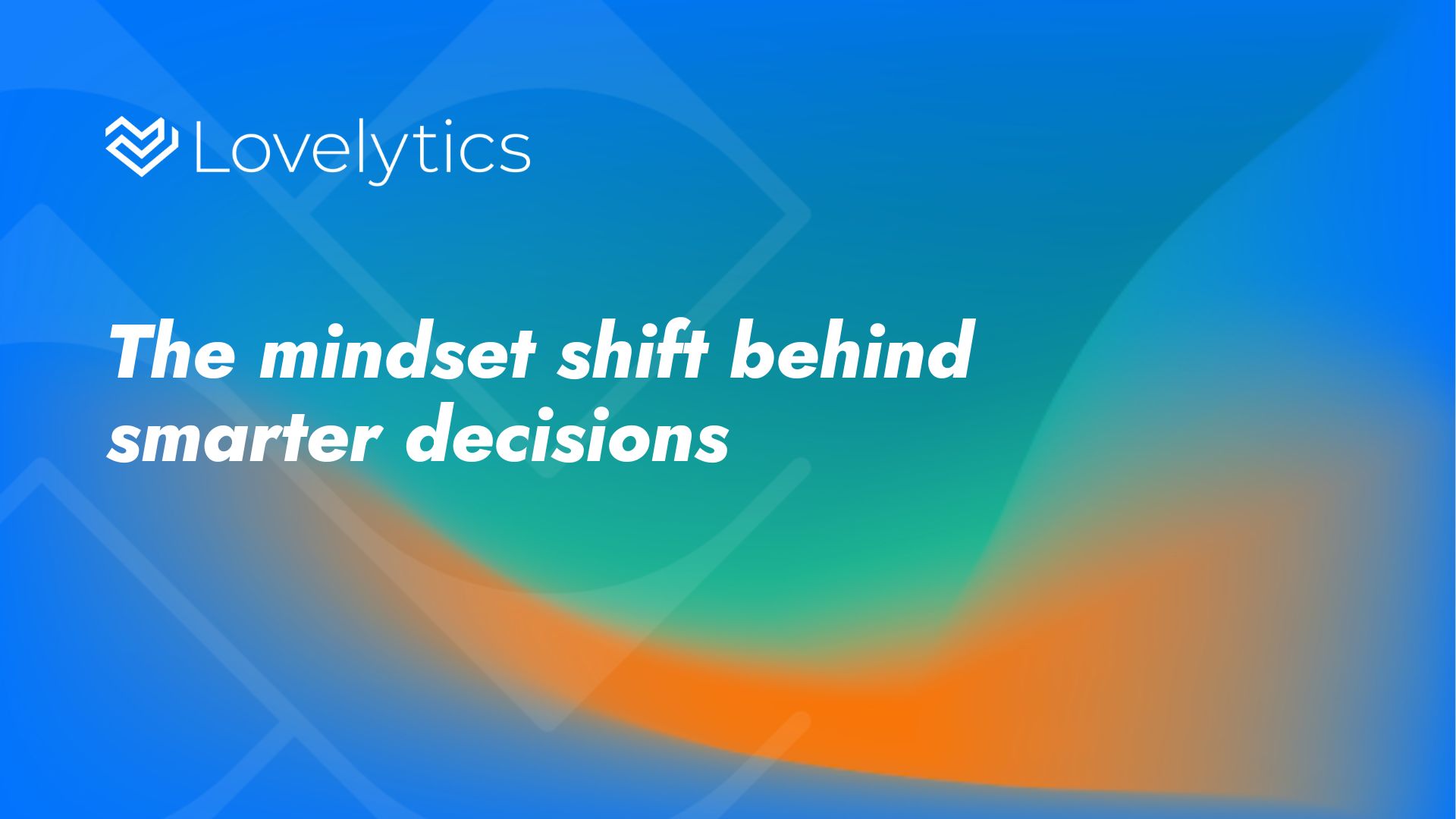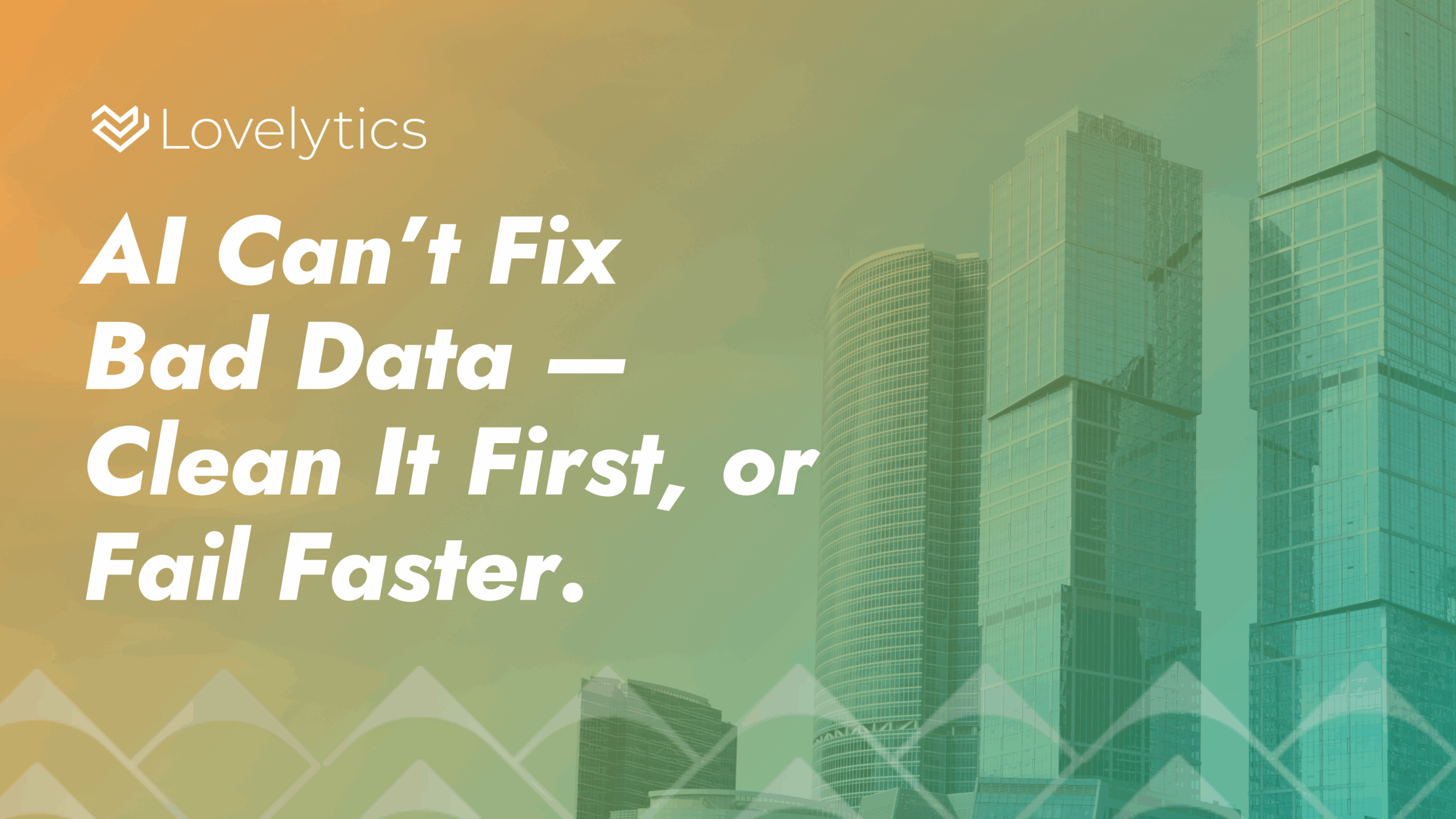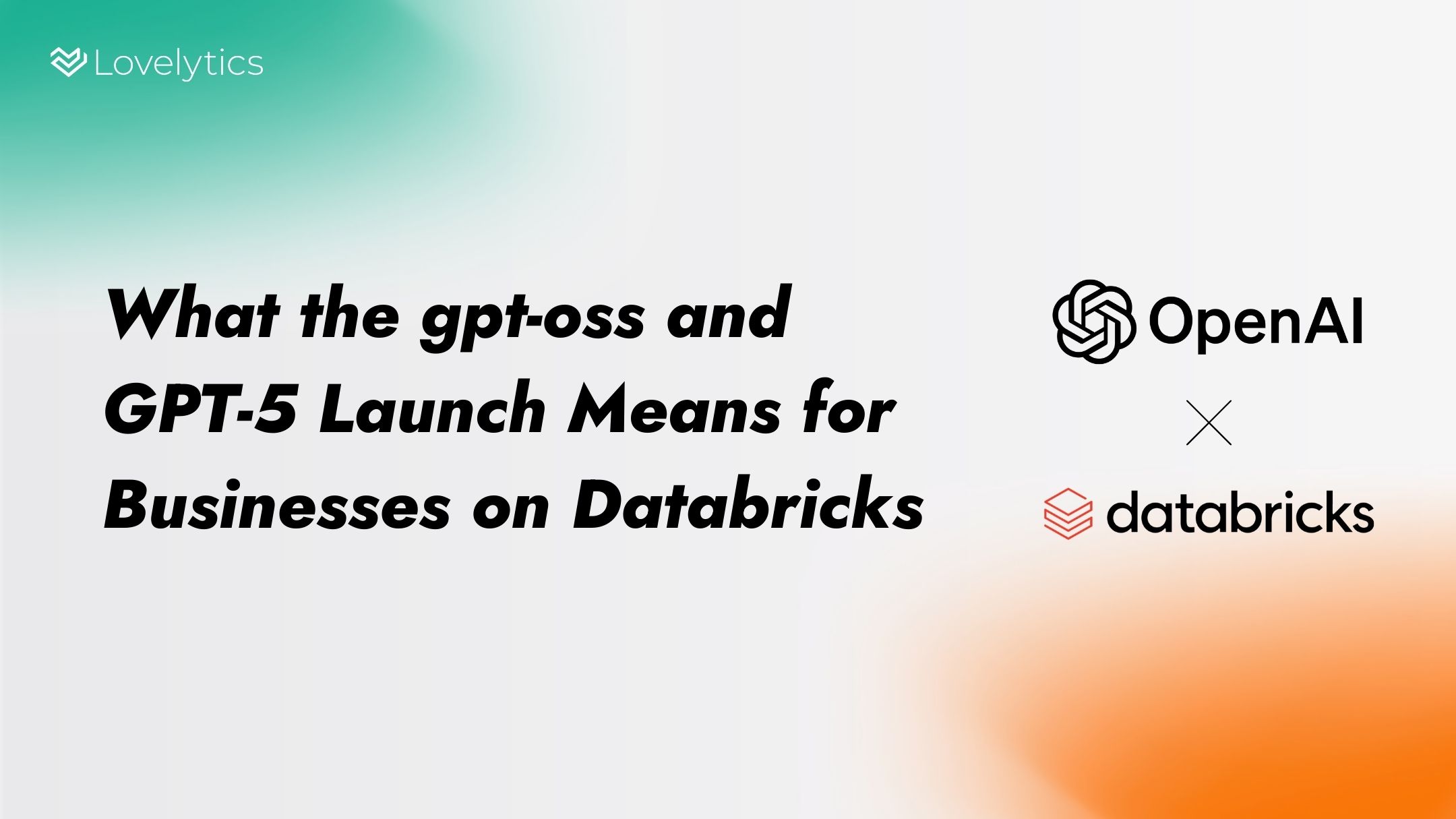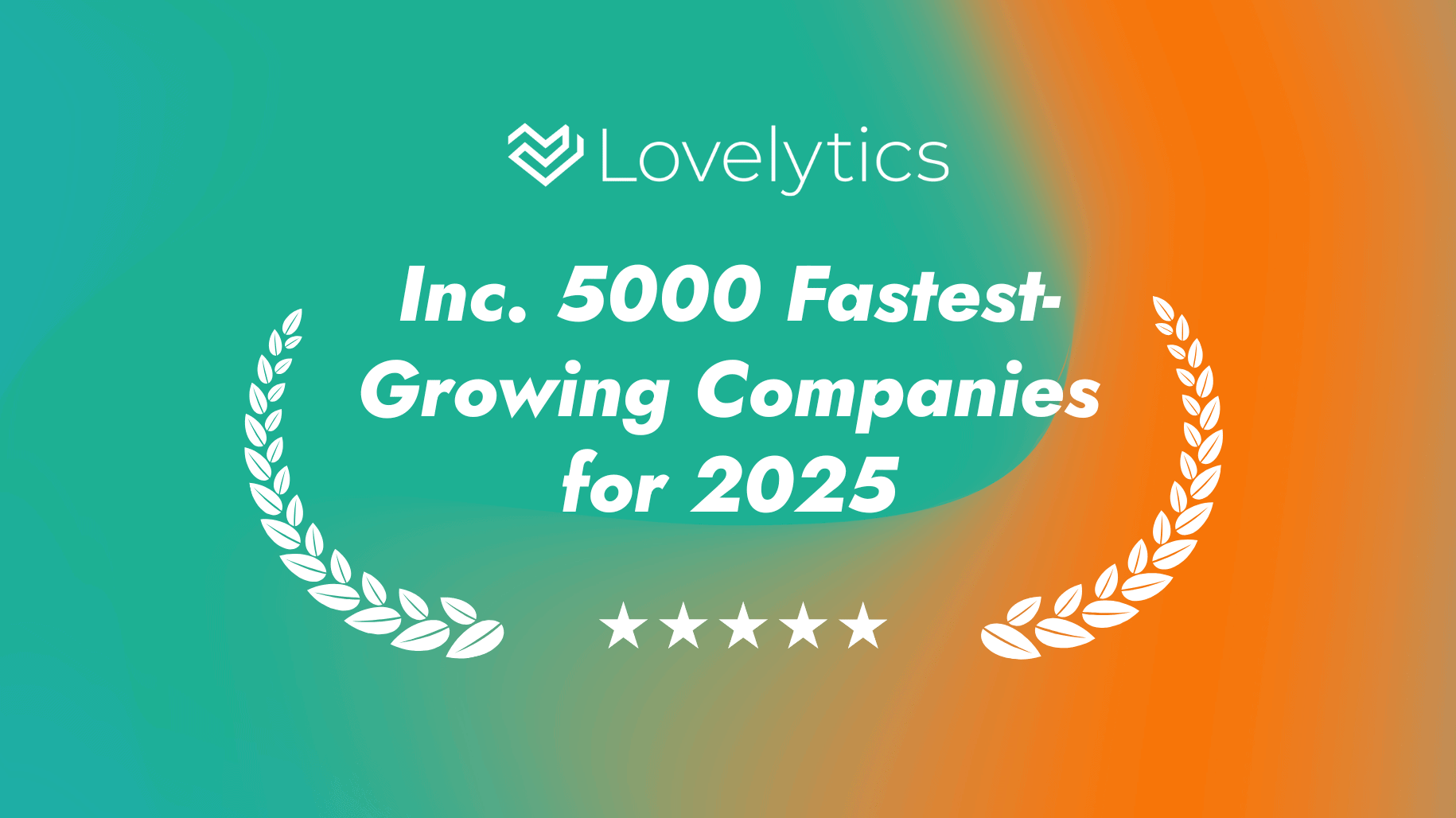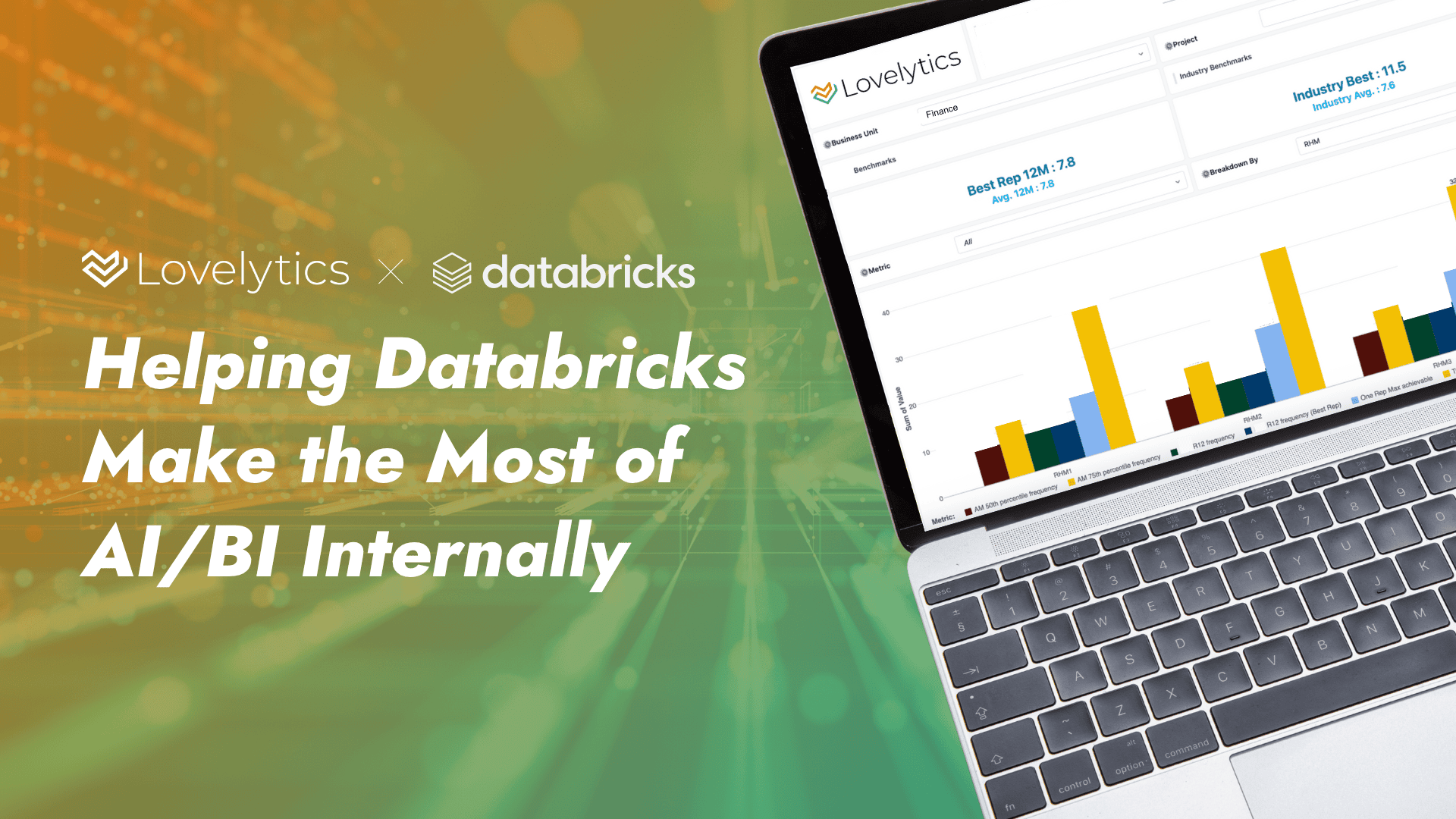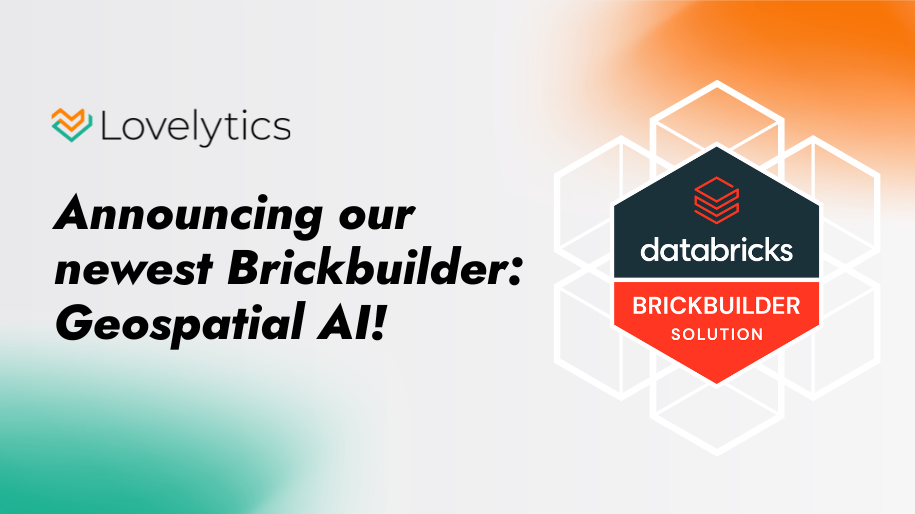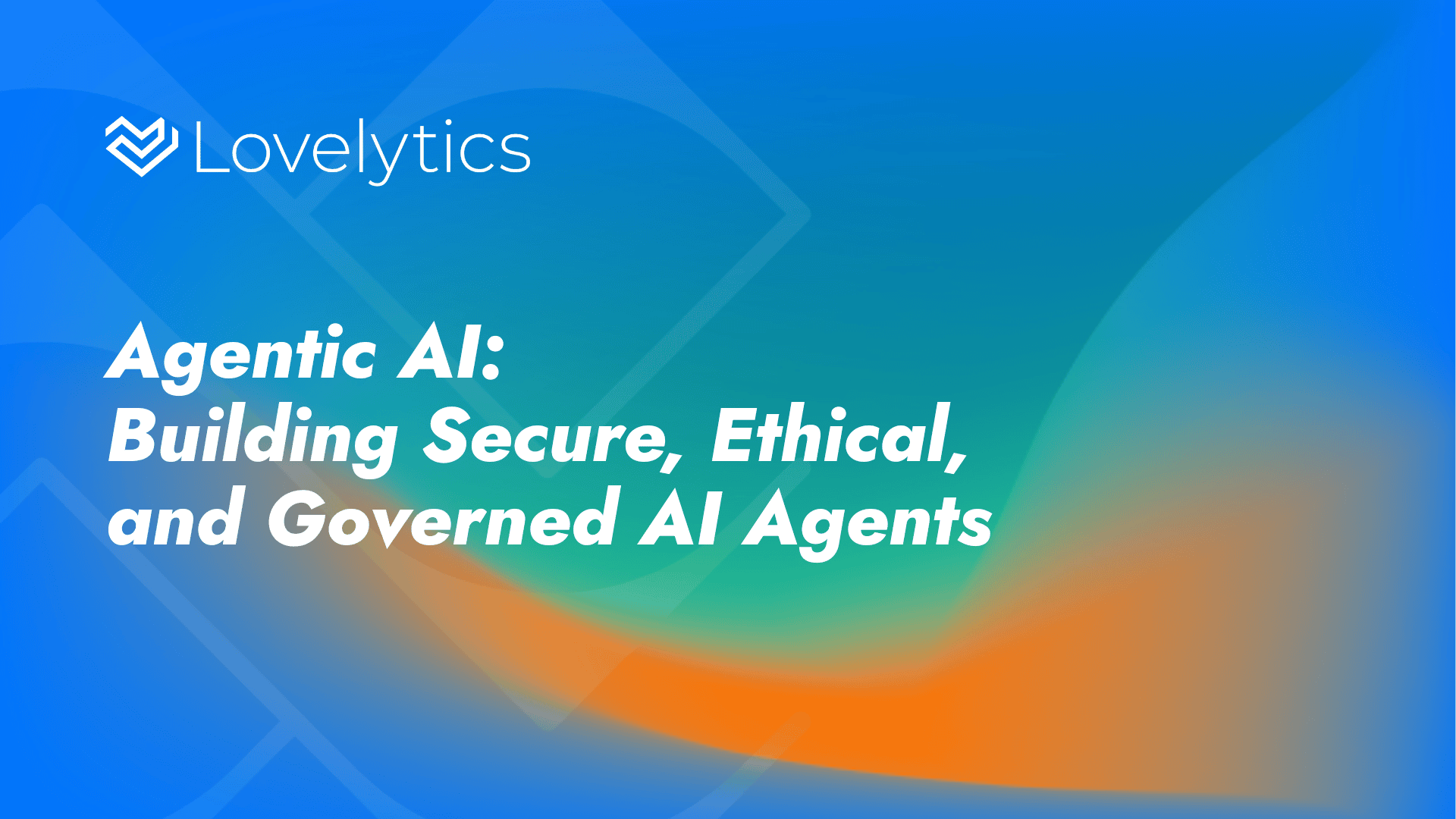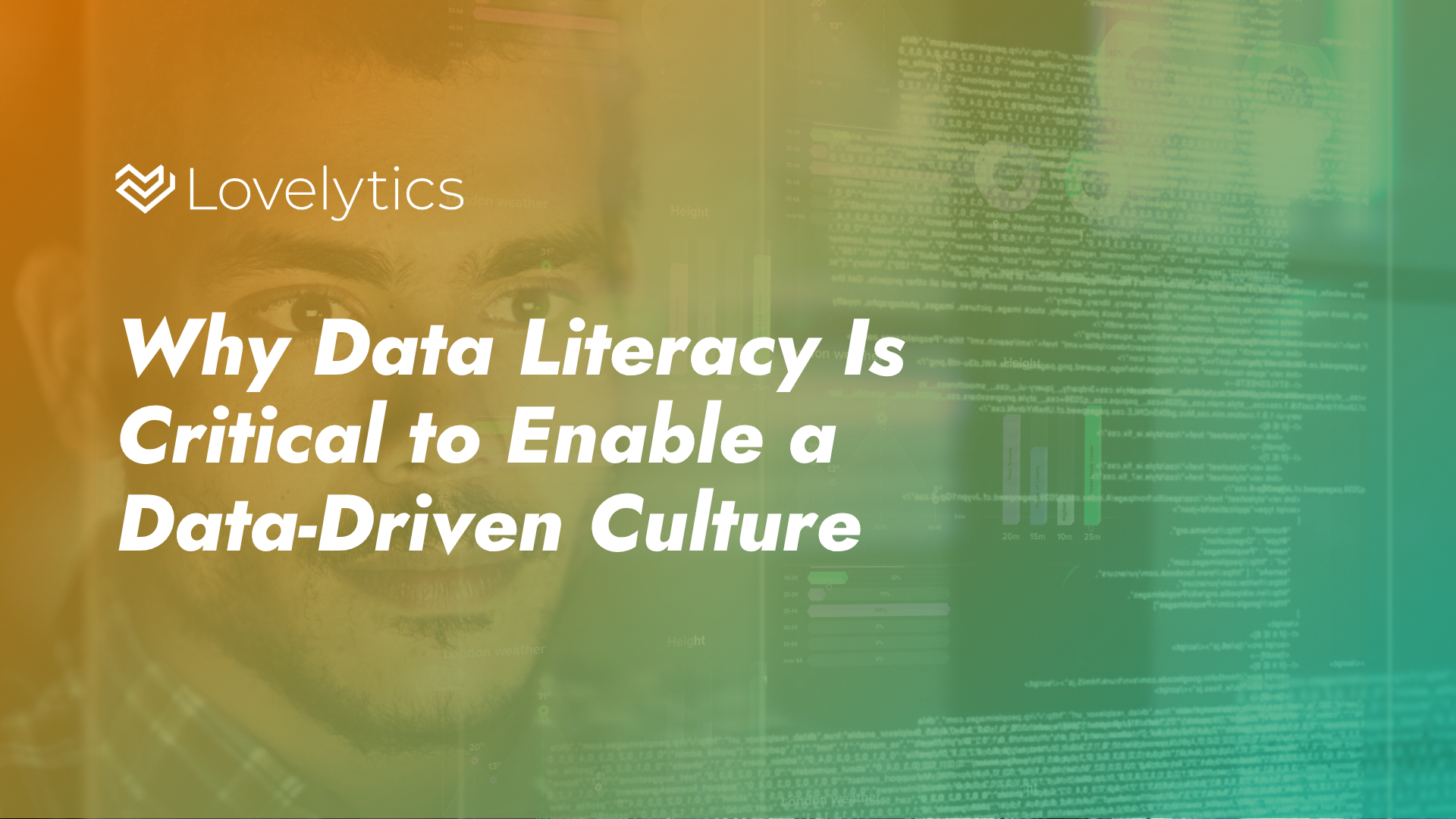Over the past 15 years, legacy systems have been gradually replaced by modern solutions, which have continuously evolved to offer more features and become easier to implement each year. These modern solutions are highly focused on delivering value from data while also fulfilling the needs of IT. Keeping up with the industry and solutions has led me to explore a wide array of technologies—ranging from data science tools, data platforms, and data governance solutions. This year represents the first year that I see a clear path for companies to take to modernize, leveraging full solutions that can be implemented without compromise. Organizations are at an inflection point in the data and AI world where the pace of adoption of modern data platforms tips towards mass adoption.
As we move into 2025, creating the highest value from data in the simplest way possible is the foundation of an ever-increasing value chain. Emerging technologies continue to mature and transform the data landscape. While AI continues to dominate headlines, the most profound changes are taking place in the foundational functionality of a broadening platform.
From Data Swamps to Governed Lakes: The Future Starts with Data Governance
First, a brief data history: In 2014, enterprises were grappling with newly formed data swamps that didn’t provide much value but represented future potential. A few years later we saw the landscape had changed substantially with the introduction of two dominant open source technologies, the data lakehouse, and MLFlow.
While these two technologies represented a monumental leap forward over legacy technologies, broad adoption faced a hurdle: the need for robust data governance. The next several years saw significant advancements moving individual solutions closer to a comprehensive cloud-based data platform. Many solutions from the big players provided very good results for data storage, processing, and serving but all did so without robust data governance. While heavy investments moved to AI, one company steadily invested in data governance solutions. Databricks announced their release of Unity Catalog representing the industry’s only open and unified governance solution built to govern and manage all data and AI assets across any lakehouse format. It was the first time a fully functional data platform was available without compromising any features. The close of 2022 brought excitement and optimism for the future of governed data at scale.
Databricks Redefined Data, AI, and Analytics
While other technologies were trying to catch up, Databricks heavily invested in building additional solutions across their entire platform and turned the potential from 2022 into reality in 2024. It is worth highlighting all the innovations from Databricks in just the past 18 months.
Key advancements from Databricks from 2023 – 2024 include:
- Mosaic AI – Build and deploy production-quality ML and GenAI applications
- AI/BI dashboards – Quickly build highly interactive data visualizations
- Lakehouse Monitoring – Intelligent data and model monitoring
- LakeFlow – Build and operate production data pipelines
- Databricks Assistant – Your context-aware AI assistant
- Direct publishing to Power BI – Bring the advantages of Databricks performance to BI
- Serverless Compute – Fast, hassle-free compute for running notebooks, jobs, and pipelines
- Marketplace – Open marketplace for data, analytics, and AI
- Delta Sharing – Open data sharing for data, analytics, and AI
While 2024 was a banner year for Databricks and the industry as a whole, the introduction of Delta Sharing represents an inflection point in the industry, offering a solution that lays the groundwork for widespread transformation. Delta Sharing is the final piece in a decade-long development cycle to complete an efficient and fully operational cloud-based data platform. Lakehouse is now the de facto data platform, Unity Catalog is a native, fully functional data governance framework, MLFlow/MLOps is a best-in-class data science platform, and Mosaic AI delivers robust generative AI solutions not to mention the other developments from this year listed above.
While AI holds immense potential to revolutionize operations, enhance customer experiences, and drive growth, Delta Sharing is already delivering tangible value for companies in 2024.
Delta Sharing is an open protocol developed by Databricks to securely share large datasets with external organizations in real-time, without the need for complex integrations. Lovelytics offers end-to-end services to help organizations leverage Delta Sharing for efficient and secure data collaboration across ecosystems, unlocking new insights, fostering partnerships, and driving innovation.
Read Part 2: “Why Delta Sharing is the Future of Data Collaboration: Seamless Data Exchange through Delta Sharing.”

